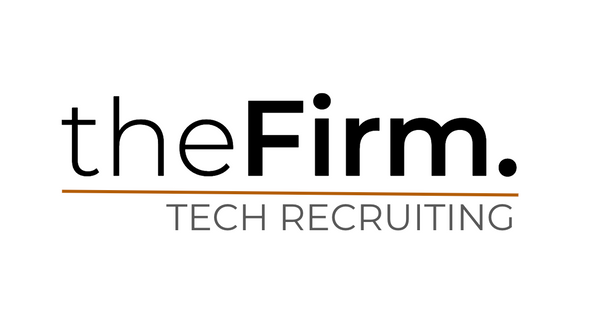I’ve always had a dog at some point in my life. I finally got my own 5 years ago and here are the top things i’d share with myself by then.
1. Reinforce the calm. Some puppies will seem super chill and calm from 2months-4months so don’t abandon reinforcing that calm, good behavior. Puppies go through phases and the amount of times I’ve heard people say ‘he’s so calm and chill, I think I lucked out!’- when the puppy is 10weeks old is hilarious. Mentally prepare yourself for the ‘teenage’ crazy years when their energy and confidence to test you are maxing out.
2. Socialize, socialize, socialize. I know it’s Covid times so it’s hard but do everything you can to socialize your dog with other dogs. Find good (seriously, I mean good!) dogs to play with your pup, find other puppies and get out there as much as possible so your dog encounters as many as possible before they hit 16weeks. Dogs form a lot of their confidence and socialization skills before they hit 16weeks so it’s important to get as many good experiences as possible under their belts in addition to the usual sound and people socialization.
3. Avoid dog parks. Unless you see good refereeing or intervening by dog owners. Just like a play yard for school children, not all dogs behave and it’s important that they get intercepted. Some folks treat dog parks like a free for all daycare and then their dog is the one running around causing chaos, barking in faces, aggressively chasing etc. Then they wonder why their dog gets in fights or gets corrected by other dogs for their behavior. Anyways, if you have a pup, I would highly recommend controlled play where everyone is on board with what good ‘dog play’ is.
4. Puppy blues are a real thing. Forgive yourself if it’s harder than you expected and sometimes you just want to give up. Training or adjusting to this new life can be hard and training isn’t linear so it’s understandable if it feels like a rollercoaster- especially with Covid!! Just exhaust your dog, train and repeat, then focus on the little milestones :)
5. When physical release isn’t enough, go to mental stimulation (do this early too tho). At some point, you’re never going to physically be able tire out your dog anymore. That’s when you should include mental stimulation! Be it through a puzzle, training or a big long chew session, it’s important to add mental stimulation to your daily dog routines. Think about it, imagine you had to run 7miles then come home and do a crazy math test?! You’d be zonked after that double whammy and so would your dog so if you’re noticing that your pup is now outlasting you energetically, compliment your walks or play sessions with mental stimulation. Snuffle mats or lickimats for example are great energy releases too plus can be a great way to feed them their meals!
6. Learn common dog etiquette. This is a big one, especially for those who have reactive dogs. It’s important to never let dogs meet on leash or get super close to one another, even if your dog is friendly. Some owners have reactive dogs and most of the time, they need space from other dogs in order to protect their dogs safety and confidence as they try to rehab them. Letting your friendly dog just walk up to them, especially if unleashed, can set off the other dog and could be bad news. Always give a good 6 foot birth (easy these days lol) when walking by other dog owners and for gods sake, if the area says to leash your dog and most are leashed, please leash your dog!
7. Don’t be hard on your dog or yoursel. Your dog is your best friend and literally lives for your approval and love. Make sure to enjoy them for where they are at in their training, don’t compare them to others and just enjoy them for the selfless little snugglemuffins that they are!

